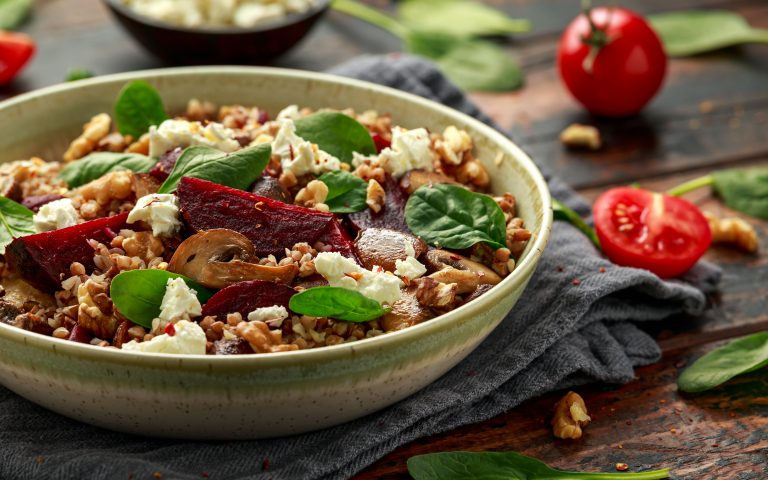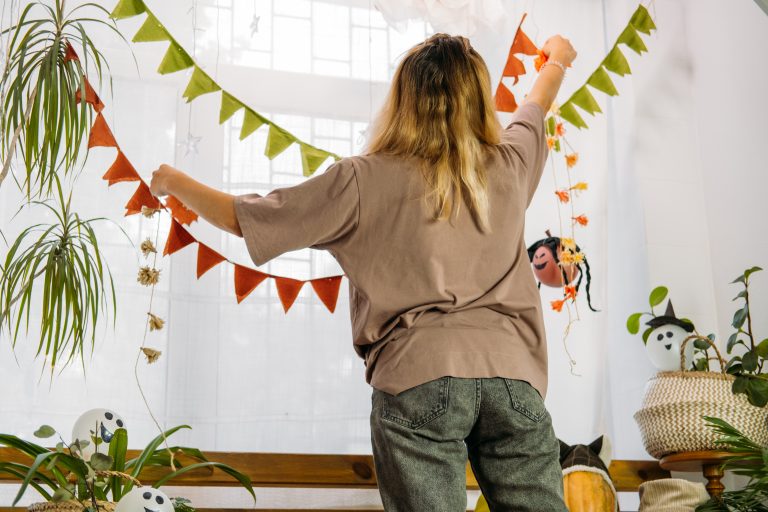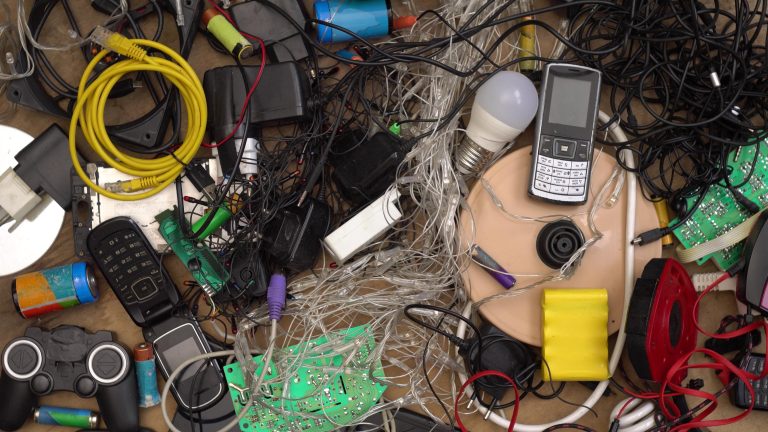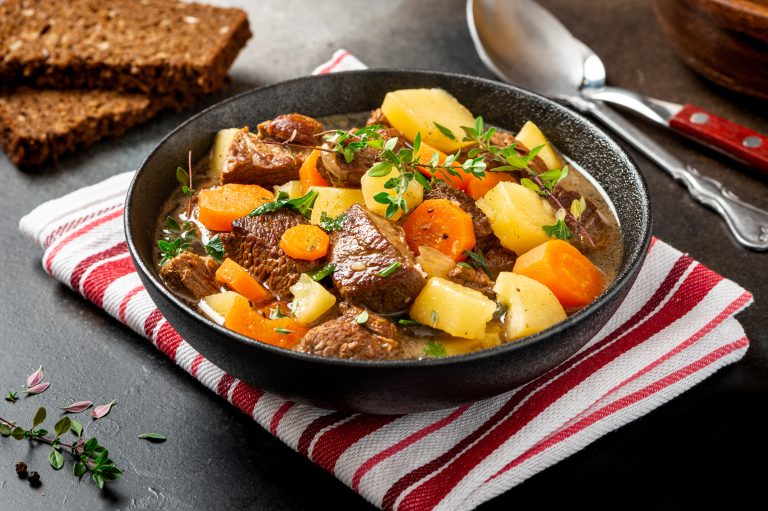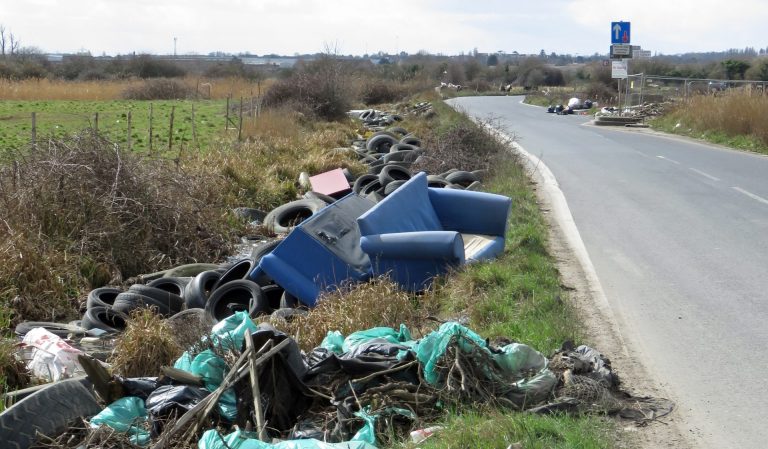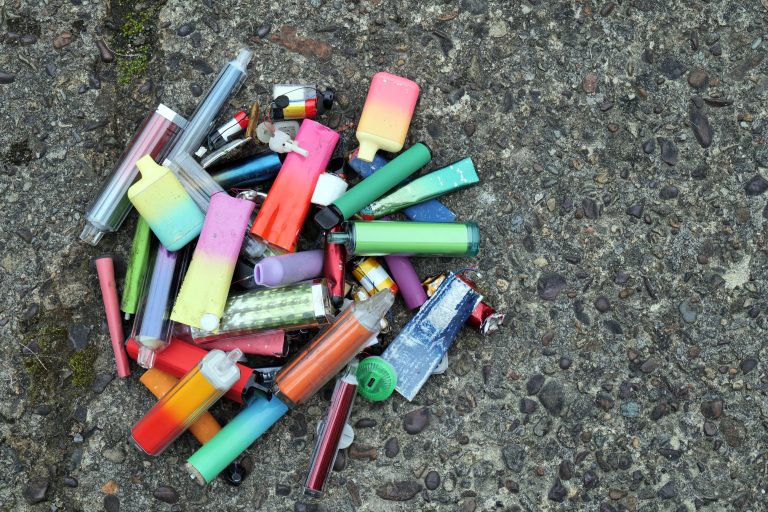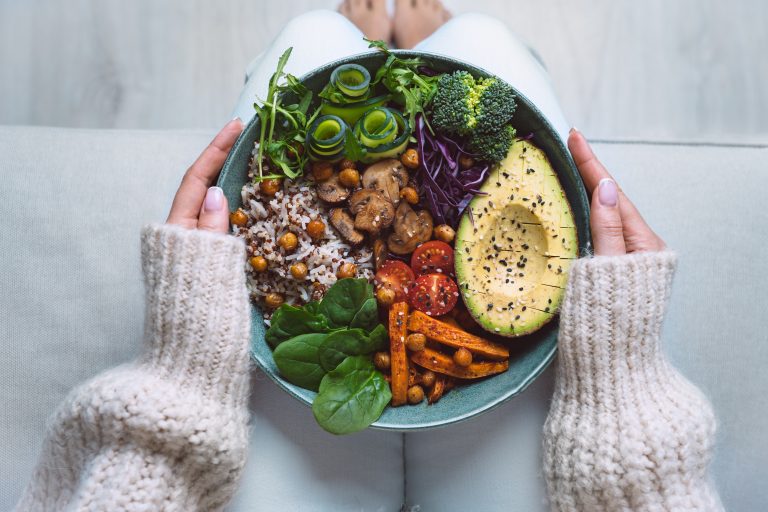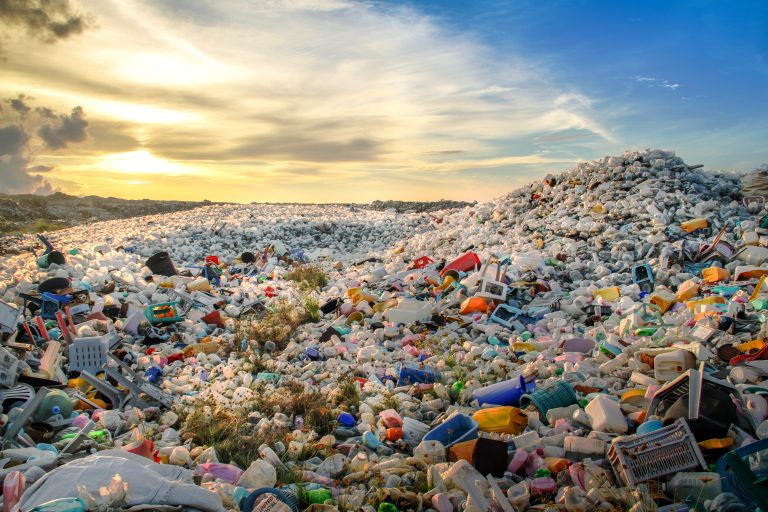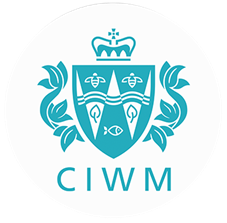Recycling is essential for reducing waste, conserving resources and protecting the environment. Recycling can sometimes feel confusing, with different rules for different materials and conflicting information about what goes where. To help clear up the confusion, we’ve compiled answers to the most frequently asked recycling questions.
- What Can I Recycle?
Recycling guidelines vary by location, but here are general rules for common items:
- Paper and Cardboard: Newspapers, magazines, office paper and flattened cardboard boxes are recyclable. Avoid pizza boxes and napkins that are contaminated with food or grease.
- Glass: Bottles and jars are recyclable, but window glass, mirrors and light bulbs are typically not accepted.
- Plastic: Plastics labelled with recycling codes #1 (PET) and #2 (HDPE), like bottles and containers, are usually recyclable. Avoid plastic bags, which can cause issues at recycling centres.
- Metals: Aluminium and steel cans are recyclable but should be rinsed before recycling.
- E-Waste and Batteries: Electronics and batteries MUST be separated for recycling as they are a fire risk when mixed into other waste streams. Many areas have dedicated drop-off points for these items.
Always check local guidelines for specific rules.

- Do I Need to Clean My Recyclables?
Yes, cleaning recyclables is crucial. Rinse food containers, jars and cans to remove any residue. Contamination, such as leftover food or liquids, can spoil an entire recycling batch. If you can’t clean an item properly, it’s best to dispose of it in the General Waste to prevent contamination.
- Can I Recycle Plastic Bags?
Plastic bags are not accepted in curb side recycling bins because they can clog machinery. Many major retail stores have collection points for plastic bags, or you can reuse them. Consider switching to reusable bags to reduce waste.
- Can I Recycle Pizza Boxes?
Pizza boxes can be tricky. If the box is clean, it’s recyclable. However, greasy or food-soiled boxes should go in the General Waste. If only parts of the box are contaminated, tear off and recycle the clean sections.
- Can I Recycle Mixed Materials (Tetra Paks)?
Items made from mixed materials, like juice cartons or chip bags, usually can’t be recycled through curb side collections. Some specialised centres may accept these, so it’s worth checking locally. Otherwise, dispose of them in the General Waste.
- Should I Remove the Caps from Bottles and Jars?
It’s generally best to remove caps from bottles and jars before recycling, as caps are often made from different materials that can complicate the recycling process. Rinse both the container and cap and recycle them if they’re made of recyclable materials.
- Can I Recycle Electronic Waste (E-Waste)?
E-waste, like old phones, computers and televisions, contains valuable materials and should never be thrown in the general waste. Many communities host e-waste collection events and electronics manufacturers often have take-back programs.

- What Happens if I Put the Wrong Items in the Recycling Bin?
Placing non-recyclable items in your recycling bin can contaminate the entire load, making it difficult to process and possibly sending it to a landfill (or incineration). Always follow local guidelines carefully. If in doubt, dispose of it in the General Waste.
- Why Is Recycling Important?
Recycling is crucial for several reasons:
- Resource Conservation: It reduces the need for raw materials, preserving natural resources.
- Energy Savings: Recycling often uses less energy compared to making products from virgin materials.
- Waste Reduction: Recycling diverts waste from landfills
- Environmental Protection: It reduces pollution and conserves ecosystems.
- Does recycling actually make a difference?
Absolutely. Recycling one ton of paper saves 17 trees, 7,000 gallons of water and enough energy to power an average home for six months. Aluminium recycling is even more impressive – recycling aluminium cans uses 95% less energy than creating new ones from raw materials. Collectively, recycling efforts prevent millions of tons of waste from entering landfills annually.
The Future of Recycling
Recycling is a key part of creating a sustainable future for generations to come.
By understanding the basics of recycling and following local guidelines, you can help make recycling efforts more effective. Proper recycling conserves resources, saves energy and reduces waste. Together, we can all contribute to a cleaner, more sustainable planet.
Do you need a sustainable waste collection for your business? Contact Evolve today for a quote!




